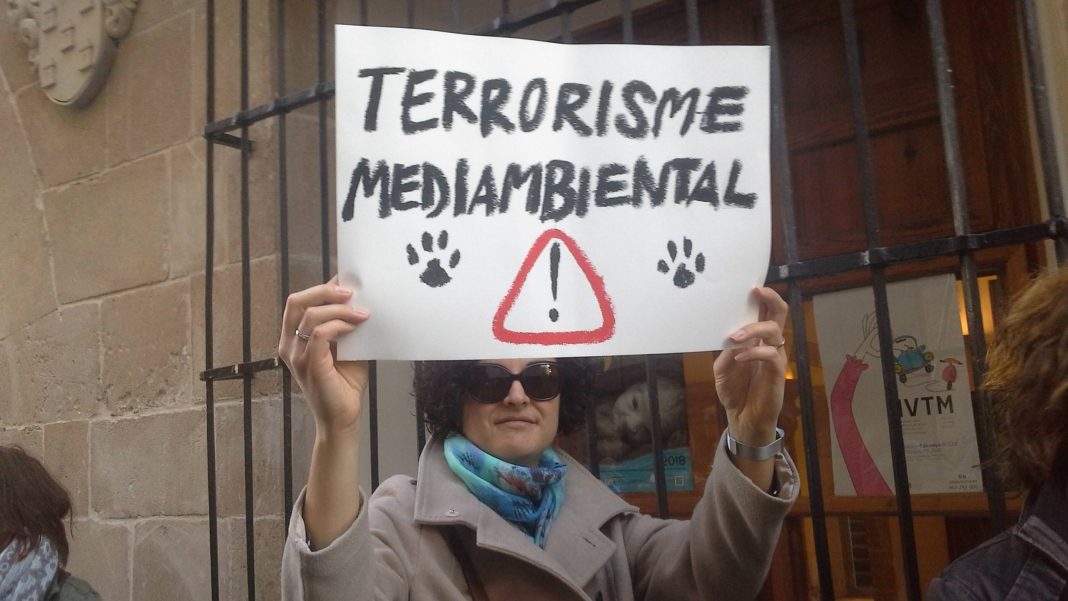New reports: Benissa police investigating six hunters for the potential poisoning of dogs. What will happen next?
According to news reports in May of this year, the Guardia Civil were exploring the possible link between six hunters and previous pet dog poisonings in the area. The news came as a surprise to many locals as hunters had previously been denied as responsible by the local council.
The six hunters were reported to have been found by local police with ‘unauthorised possession of very toxic phytosanitary products’, ‘several unauthorised hunting devices’, as well as ‘up to 51 hunting dogs (one of dangerous breed) without vaccination and without identification’. It was further suggested that the hunters could face charges related to breaking the law in terms of protection of flora and fauna; unauthorised possession of toxic phytosanitary products; and or of domestic animal abuse, depending on the results of the analysis of the substances seized.
At the end of May the reports were confirmed by a Benissa Council spokesperson in a statement directed at the writer of this press release, adding that ‘Seprona had finally had some results from its investigations.’ At this stage it is yet unclear as to what will happen next, or whether the hunters will be taken to justice, and the Guardia Civil have so far not been available for comment.
The owners of the Spanish dog Jordan, who was poisoned this March whilst being taken for a walk on the lead in the area of Benissa, told the writer of this press release in June that they have not yet received the results of the toxicological report. The report had reportedly been sent to a laboratory via the Guardia Civil by the vet Isidor Mollà, owner of Benissa veterinary clinic, who had earlier said the dogs poisoning was ´the work of professionals’.
This news follows that of earlier reports this year in May, when it was described that rural areas of Benissa, Teulada and Calp on the popular Spanish holiday destination of Costa Blanca had, once again, been turned into ‘a hell for dog owners’ after dogs were being fatally poisoned by eating affected meat.
According to Maria Jose Sanchez, territory manager of Spanish animal-rights party PACMA (Partido Animalista Contra el Maltrato Animal, or Animalist Party Against Mistreatment of Animals), which was working with the local council on the case, 28 dogs had died and a few other animals by April the 11th. According to Sanchez reports from vets were showing the poison used had been strychnine. Strychnine means a painful death, is illegal in Europe, and is known globally for its use to intentionally kill dogs.
Sanchez had also said that in Spain people only ‘rarely go to prison once found guilty of animal offences,’ that a stronger enforcement of the law is ‘absolutely necessary,’ and that ‘stricter sentences for animal abusers are needed.’
Many locals voiced concern with local hunters as possibly being responsible during a special council meeting that followed a demonstration on March 27. However, the Benissa council had said that the local hunter association were cooperating in investigations and not considered a suspect.





